Our brain is one of the most important organs in our body, and it is essential to take care of it if we want to be healthy and happy. Brain health is an important factor in overall wellbeing, as our brain is responsible for numerous bodily and mental processes.
This guide will provide you with tips and advice on how to keep your brain healthy and functioning optimally. Despite its relatively small size (the average brain weighs about 1.4kg) it uses a huge amount of energy and oxygen and is responsible for vital functions. It is a fascinating and complex organ that neuroscientists are researching and uncovering new findings on all the time.
Cognition, focus mood and sleep
When we think about matters of the brain we can divide them up into four main areas: cognition, focus, mood and sleep. Within cognition there are lots of different important processes performed which include processing, decision making, learning and imagination.
Sleep and mood
Sleep and mood are two areas of brain health that are closely linked. If you’re having problems sleeping then it can affect your mood. You may feel more irritable, and experience difficulty concentrating.
The NHS recommends we all get between 7-9 hours of sleep per night. Sleep is an essential part of maintaining both good physical and mental health. Studies have shown that lack of sleep and poor quality of sleep can not only affect our mental health but also have an impact on the immune system 1.
The relationship between sleep and mood can become complicated especially if low mood, depression or anxiety are impacting your ability to sleep. If you’re experiencing any of these, there are some ‘sleep hygiene’ measures you could consider.
Keep electronic devices out of the bedroom Limit caffeine and alcohol Have a consistent bedtime every night Limit the light in the room Keep the temperature comfortable in the room sleep and moodSleep supplements For some a supplement like magnesium can support sleep issues. As well as traditional magnesium supplements there are many products such as sprays, bath salts and creams designed to target those who are having problems with sleep. Ashwagandha is another supplement that can be beneficial in areas including mood, promoting relaxation and it can help encourage restful sleep. Known as an adaptogen, it helps the body to maintain a state of optimal function that we call homeostasis.
Nutrition and the brain
We know that a diet high in saturated fats and refined carbohydrates is bad for our bodies, but many don’t realise that it’s also bad for our brain health. Apart from being high in calories and low in vitamins and minerals, fried foods tend to have a high amount of oxidised fats.
Oxidised fats are a source of free radicals. These are molecules that in high amounts can lead to oxidative stress and inflammation. Oxidative stress and inflammation have been linked 2to neurodegeneration, including diseases such as Alzheimer’s or Parkinsons. Because the brain has less defences against free radicals, it’s more sensitive to oxidative stress than other organs.
Foods for brain health
There are certain nutrients that support good brain health, such as omega-3 fatty acids, b vitamins and protein. It’s a good idea to try to include some of these in your diet to support brain health:
Fatty fish - mackerel, salmon, sardines are a good source of DHA and EPA omega 3 fatty acids and lean protein. Berries - packed with antioxidants, blueberries in particular are considered a ‘superfood’. Leafy greens - kale, spinach, salad leaves, pak choi, cavolo nero. Not only are they rich in vitamins and minerals, but they’re also a good source of antioxidant carotenoids. Nuts and seeds - nuts are a great source of protein and contain minerals like magnesium and selenium. Seeds are a great source of LA and ALA omega 3 fatty acids Dark chocolate - packed with cocoa flavonols, it’s been linked with improved blood circulation and heart health. Brain health supplements
There are now many supplements on the market sold for their benefits to brain health. Some claim to improve cognition, memory, and concentration and choosing the right one can be difficult. Looking at individual nutrients that have been scientifically proven to influence brain function is key to understanding which formulations are most effective.
Gingko Biloba The leaves from the Kew Tree have been used medicinally for thousands of years in Chinese medicine. Ginkgo has many important properties that are vital to our health and wellbeing such as antioxidant, anti-inflammatory and antiviral properties. Recent research 3 around gingko has concentrated on cardiovascular and neurodegenerative disorders, such as Alzheimer’s and dementia.
Phosphatidylserine Phosphatidylserine or PS is a phospholipid (a type of fat) crucial for brain function, so most of the studies into its health benefits are in this area. In neurons (brain cells), PS is involved in neurotransmission; the process by which neurons transmit and maintain information. It is also needed for synaptic refinement, a process that removes synapses (connections between neurons) that are no longer needed.
Whilst our bodies can make PS, this process becomes less efficient as we age. As the main dietary sources are from foods like fish, eggs and offal, it can be hard to obtain through diet.
Research has shown that PS supplementation can improve some of the cognitive impairment caused by ageing or some neurodegenerative diseases. In a study published in 2010, elderly Japanese people with mild cognitive impairment that took a soy-derived PS supplement for six months showed a significant improvement in their memory scores, whereas this was not seen in the placebo group4.
Omega-3 fatty acids Fish oil supplements are an excellent source of omega- 3 fatty acids. They’re a vital component of a healthy diet and have numerous health benefits that have been extensively researched in many areas such as brain, heart and cardiovascular health.
B vitamins B vitamins play a vital role in multiple cellular pathways which are essential for brain function. B vitamins are involved in metabolic pathways of generating energy. As the brain consumes around 20% of our daily energy, it’s easy to understand why brain cells need a constant supply of these nutrients.
Magnesium Magnesium is a mineral involved in over 300 cellular reactions, including energy (ATP) production, cellular and hormonal signalling. Magnesium is crucial for neuronal transmission function, and its deficiency has been linked to neurological disorders such as Parkinson’s or Alzheimer’s 5.
The gut-brain axis
The term ‘gut microbiome’ refers to the collection of microorganisms, including bacteria and viruses that live in the gastro-intestinal tract. Everyone’s gut microbiome is unique, and changes throughout our lives. The gut microbiome is a dynamic environment which impacts the health of its host. When the balance changes, it’s known as ‘dysbiosis’. We’ve known for a long time that this process can have a profound effect on the function of the immune system, recent studies have proposed that these changes can also affect the Central Nervous System (CNS) 6. This is a connection that’s commonly known as the ‘Gut-brain axis’.
Emerging evidence suggests that an unbalanced gut aka gut dysbiosis can lead to neurocognitive disorders such as depression or anxiety, as well as dementia. Additionally, it has been linked to a negative effect on memory and learning, and being a potential contributor to Alzheimer’s disease7.
Although we are still understanding how this axis works, it is thought that gut microbiota can modulate brain function through producing metabolites that affect neurotransmitters.
Several metabolites produced by the gut microbes, such as SCFAs (short-chain fatty acids) or neurotransmitters, are able to reach the brain and regulate neurological functions; Interaction with the HPA (Hypothalamus-pituitary-adrenal) axis, a central neuroendocrine regulator; The gut is connected to the brain via the vagus nerve, which allows signals to be sent between the gut and the brain. This means that an imbalance in the gut microbiome can also affect our memory and concentration. A healthy gut is crucial for overall health. The gut microbiome also plays a crucial role in regulating our mood, cognition, and brain function. Taking care of our gut health through a balanced diet, regular exercise, and reducing stress can have a positive impact on our mental and physical wellbeing.
In summary, the brain is a complex area of health but is the epicentre of how we operate as human beings. So many areas are all controlled by our brain so it’s important to take good care of our brain health now to protect it for the future.
References
-
Besedovsky, L, Lange T, Born J. Sleep and Immune Function. Pflugers Arch. 2012; 463(1): 121-137 Published 2011 Nov 10. doi: 10.1007/s00424-011-1044-0.
-
Beal, M.F Aging, energy, and oxidative stress in neurodegenerative diseases.PMID: 7668820 doi: 10.1002/ana.410380304.
-
Nowak A, Kojder K, Zielonka-Brzezicka J, Wrobel J, Bosiacki M, Fabianska M, Wrobel M, Solek-Pastuszka J, Klimowicz A. The Use of Ginkgo Biloba L. as a Neuroprotective Agent in the Alzheimer's Disease. Front Pharmacol. 2021 Nov 4; 12:775034. doi: 10.3389/fphar.2021.775034.
-
Kato-Kataoka A, Sakai M, Ebina R, Nonaka C, Asano T, Miyamori T. Soybean-derived Phosphatidylserine Improves Memory Function of the Elderly Japanese Subjects with Memory Complaints. J Clin Biochem Nutr. 2010 Nov;47(3):246-55. doi: 10.3164/jcbn.10-62. Epub 2010 Sep 29.
-
Shah H, Dehghani F, Ramezan , Gannaban R.B, Haque Z.F, Rahimi F, Abbasi S, Shin A.C Revisiting the Role of Vitamins and Minerals in Alzheimer's Disease. Antioxidants (Basel). 2023 Feb 8;12(2):415. doi: 10.3390/antiox12020415.
-
Sharon G, Sampson T.R, Geschwind D.H, Mazmanian S.K The Central Nervous System and the Gut Microbiome. Cell. 2016 Nov 3;167(4):915-932. doi: 10.1016/j.cell.2016.10.027
-
Shabbir U, Arshad M.S, Sameen A, Oh D.H Crosstalk between Gut and Brain in Alzheimer's Disease: The Role of Gut Microbiota Modulation Strategies.Nutrients. 2021 Feb 21;13(2):690. doi: 10.3390/nu13020690.
-
Liu S, Gao J, Zhu M, Liu K, Zhang H.L Gut Microbiota and Dysbiosis in Alzheimer's Disease: Implications for Pathogenesis and Treatment.Mol Neurobiol. 2020 Dec;57(12):5026-5043. doi: 10.1007/s12035-020-02073-3.








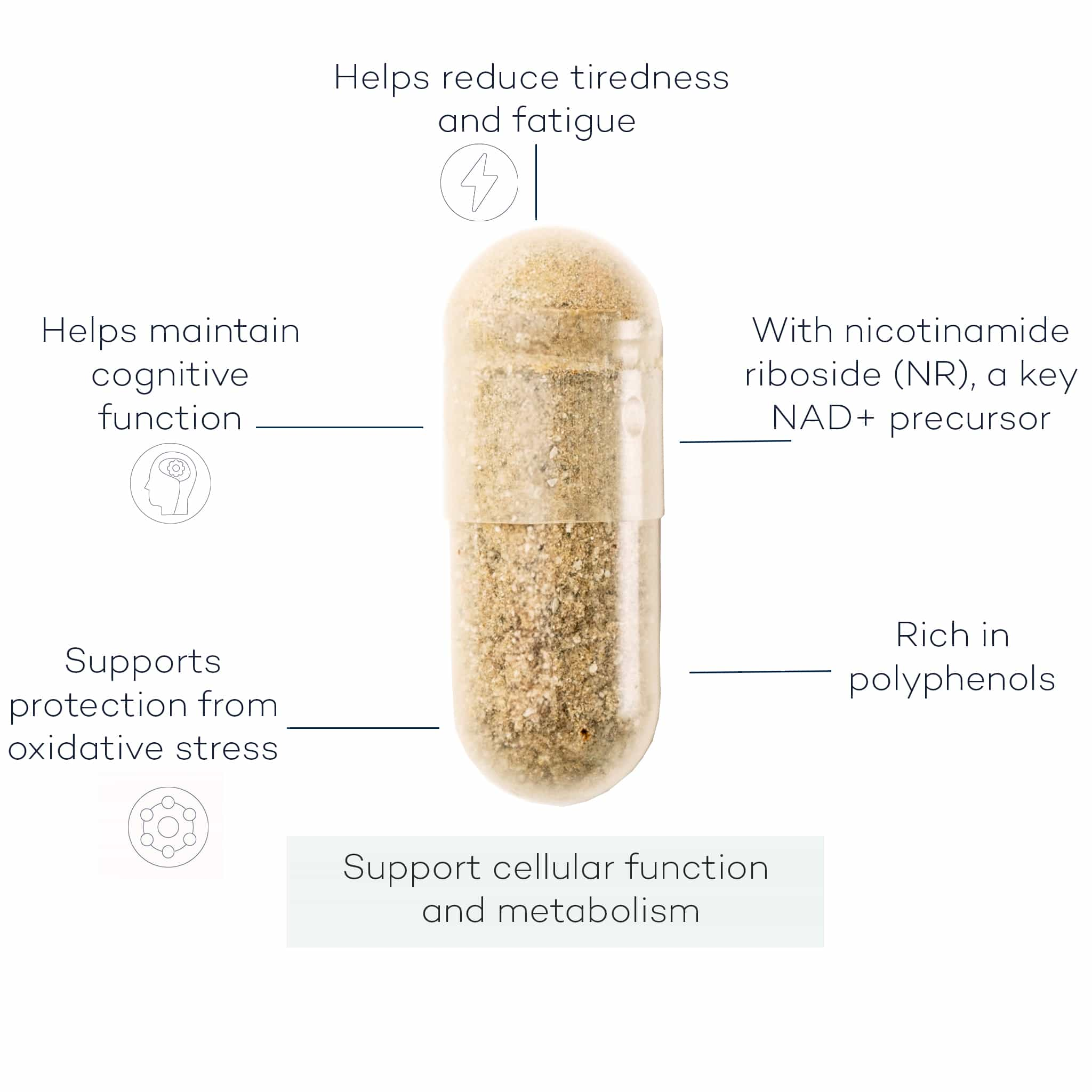
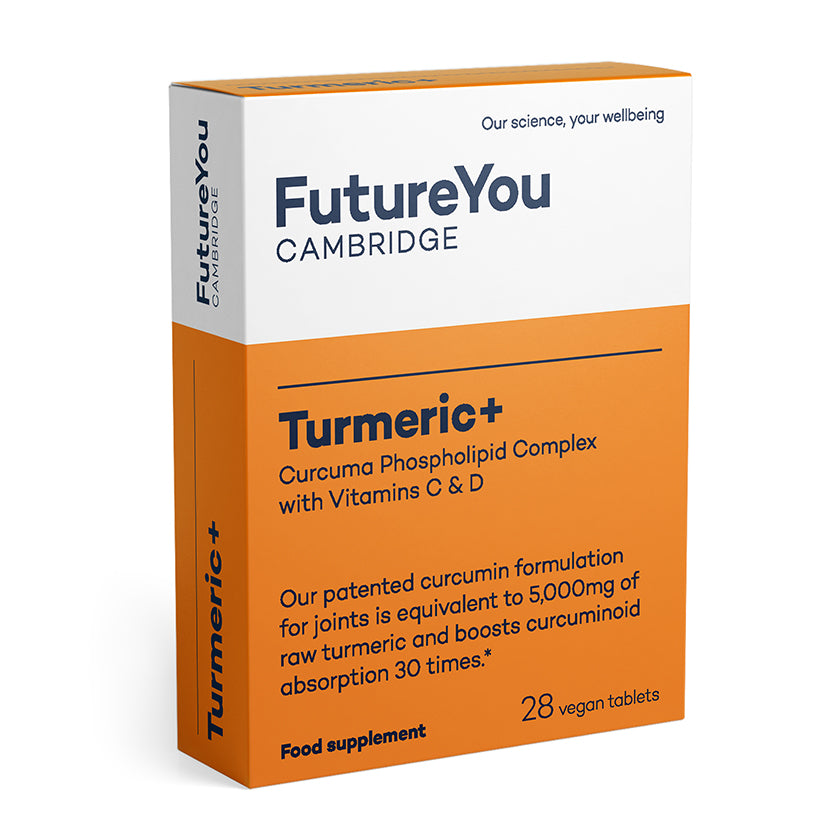
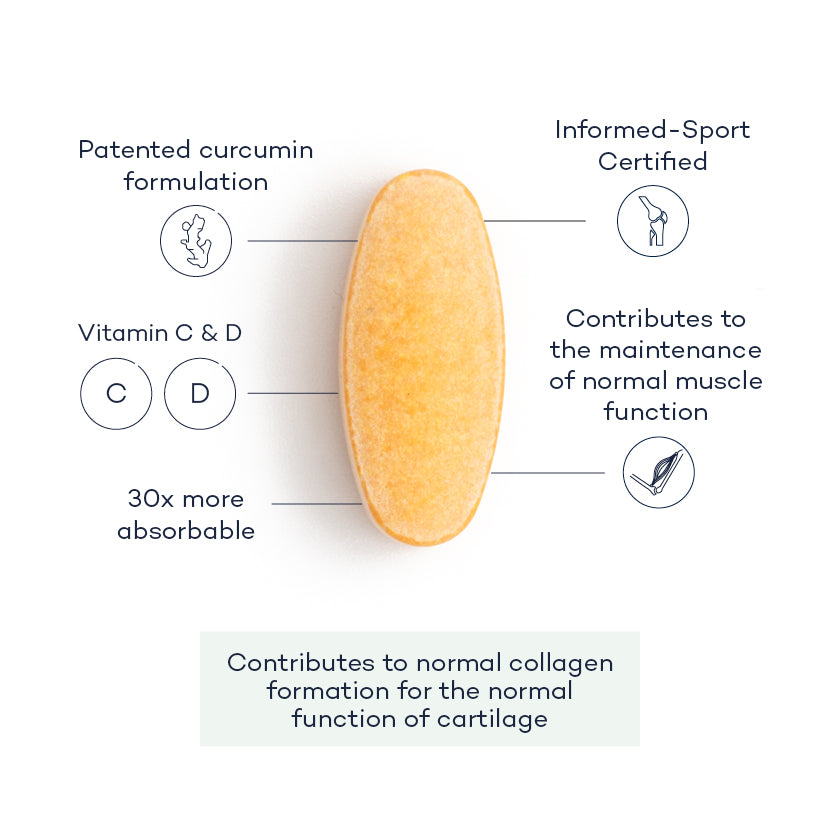
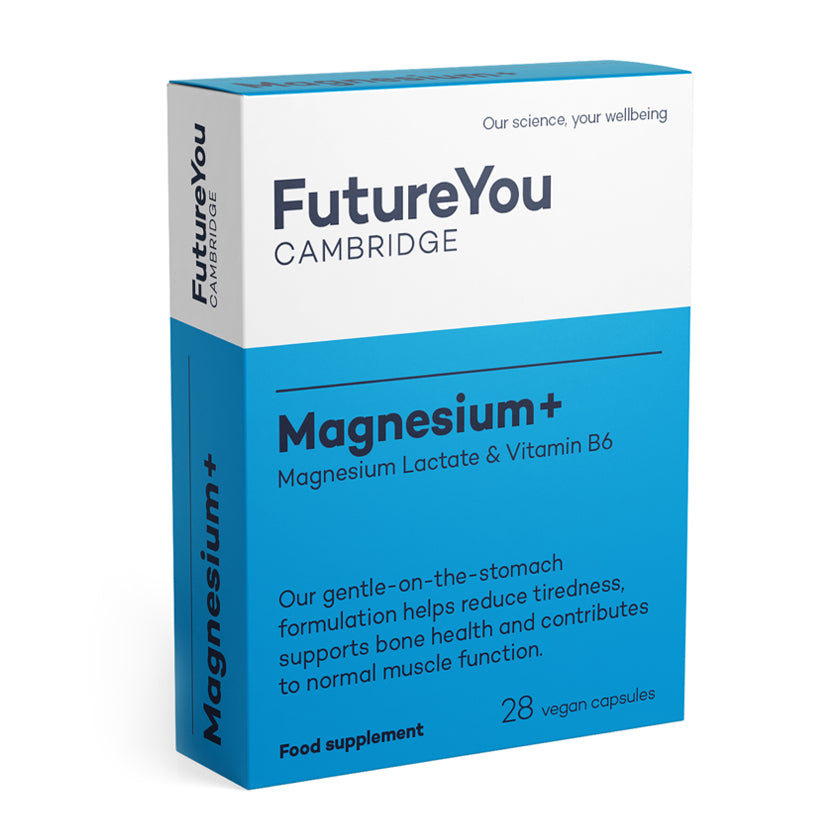
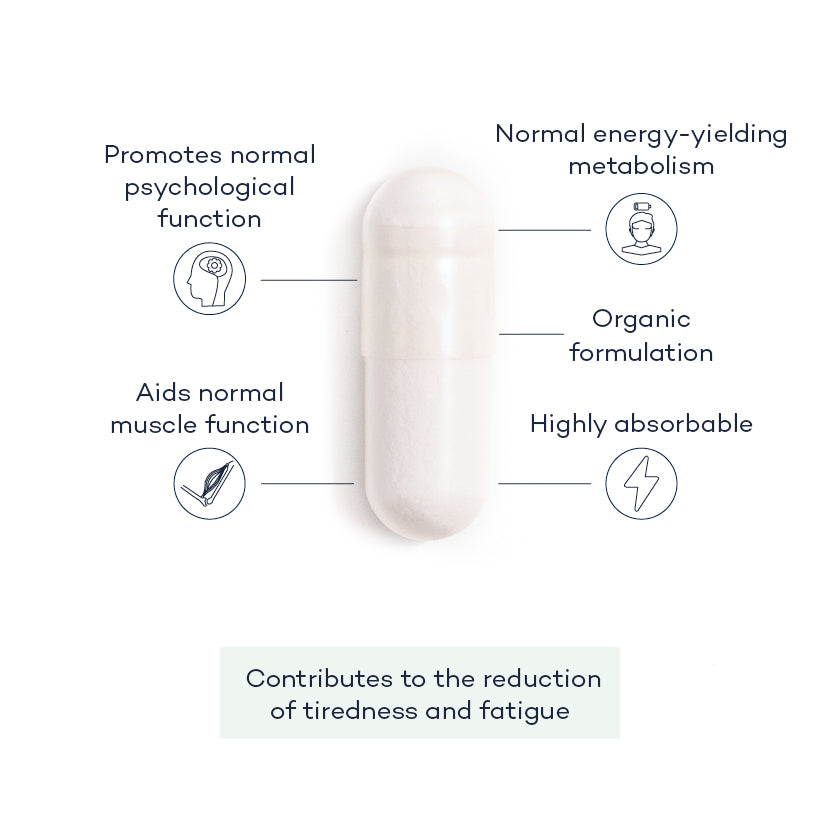
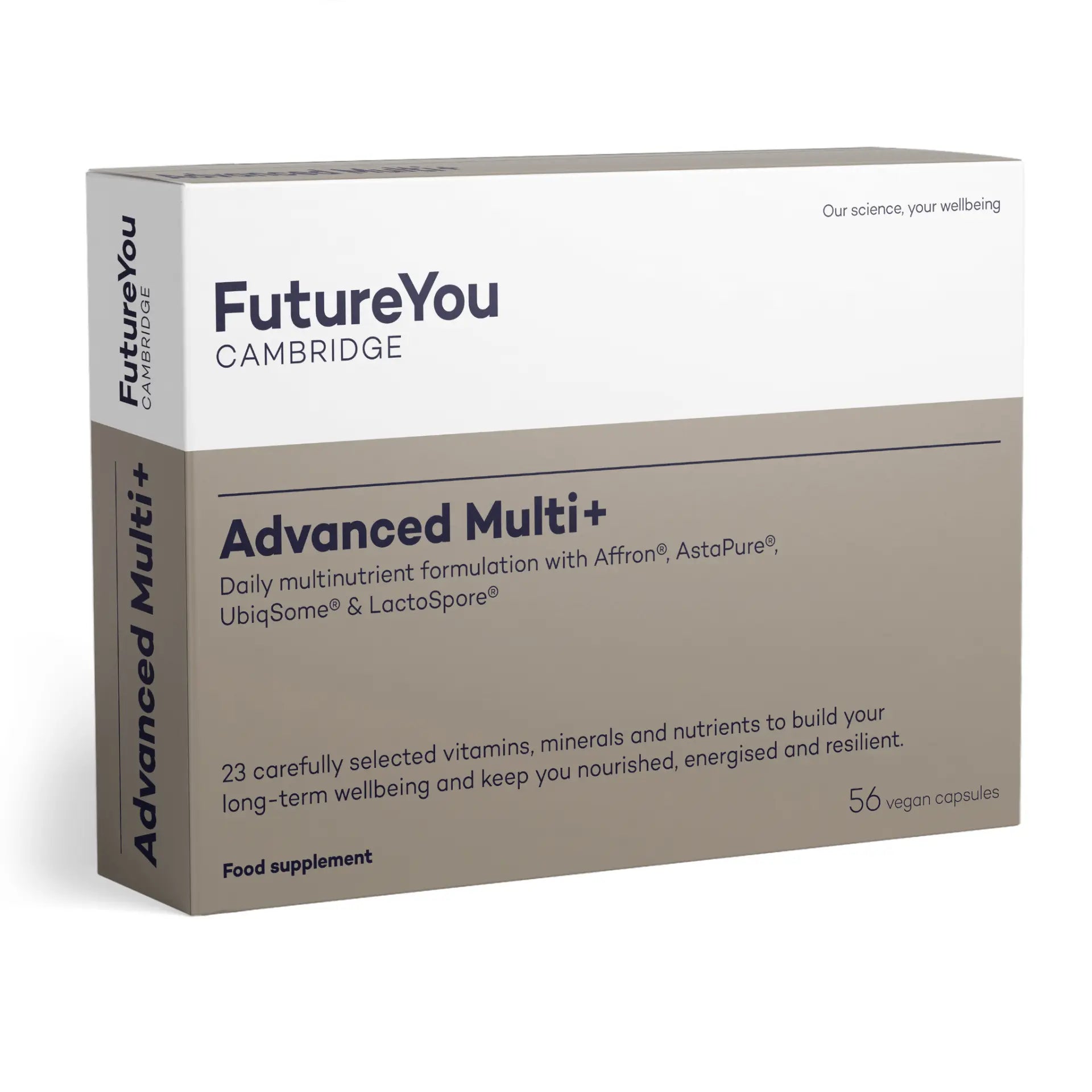
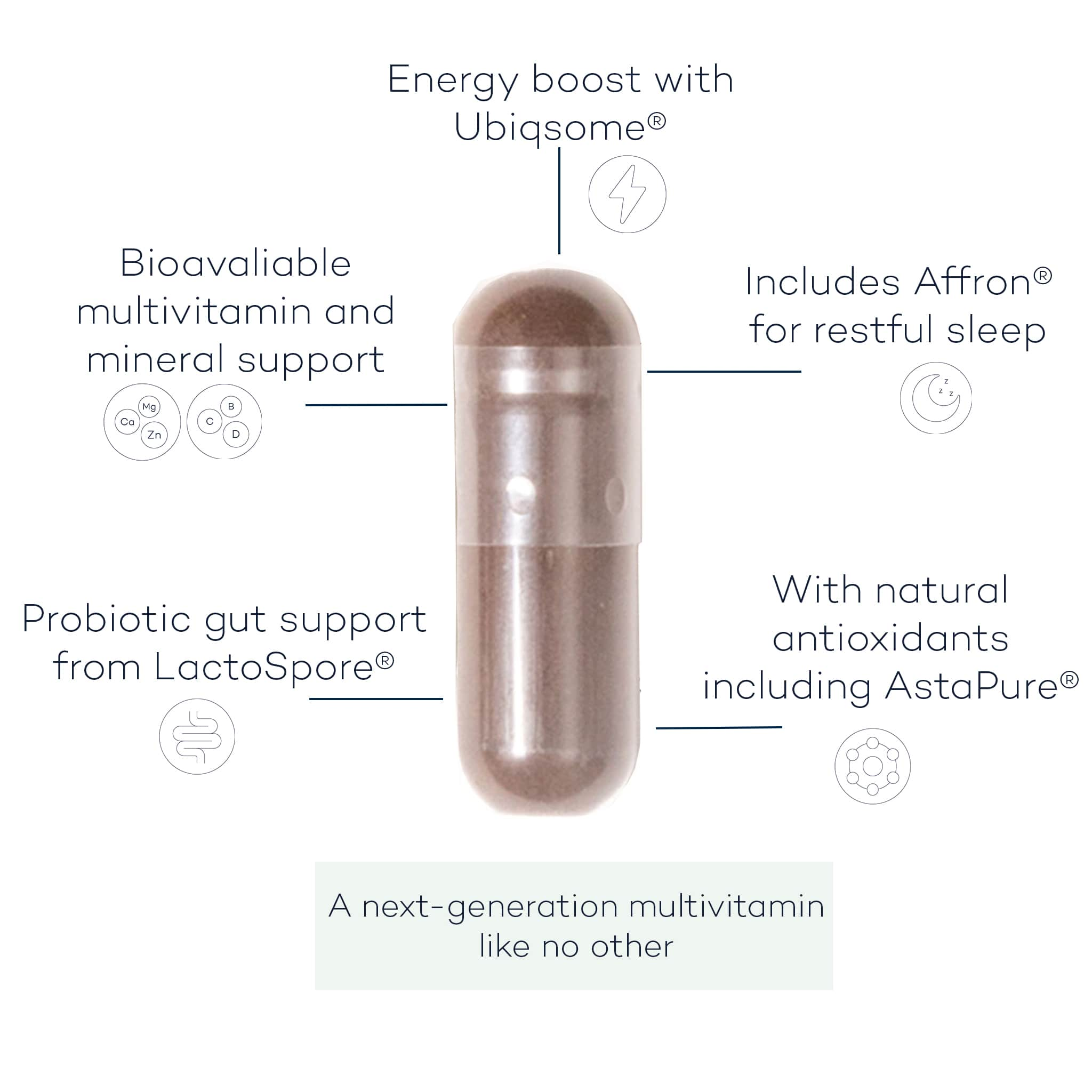
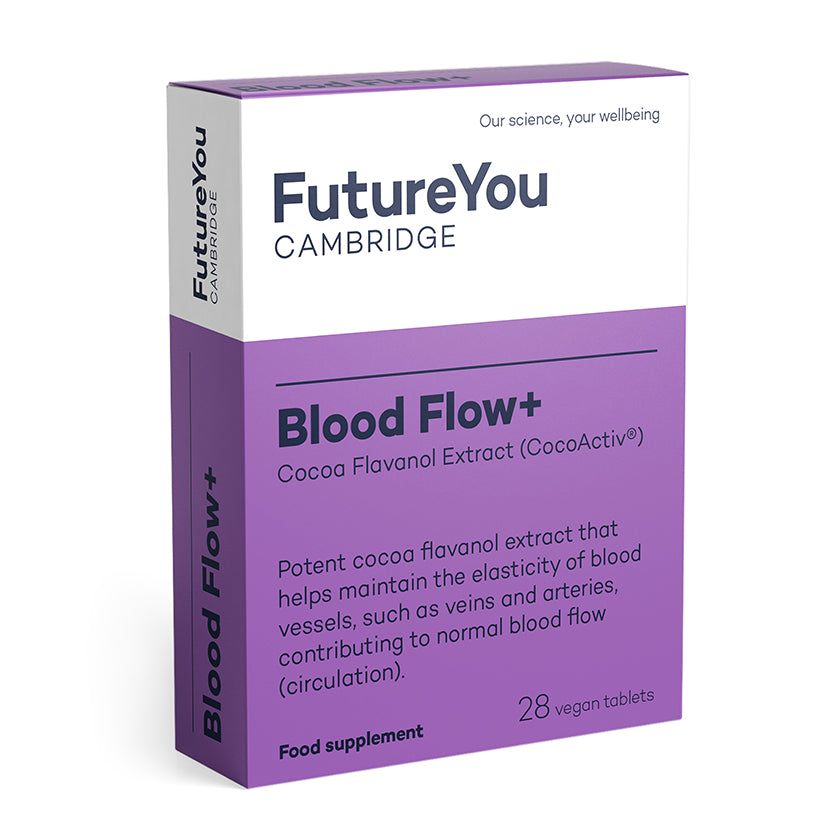
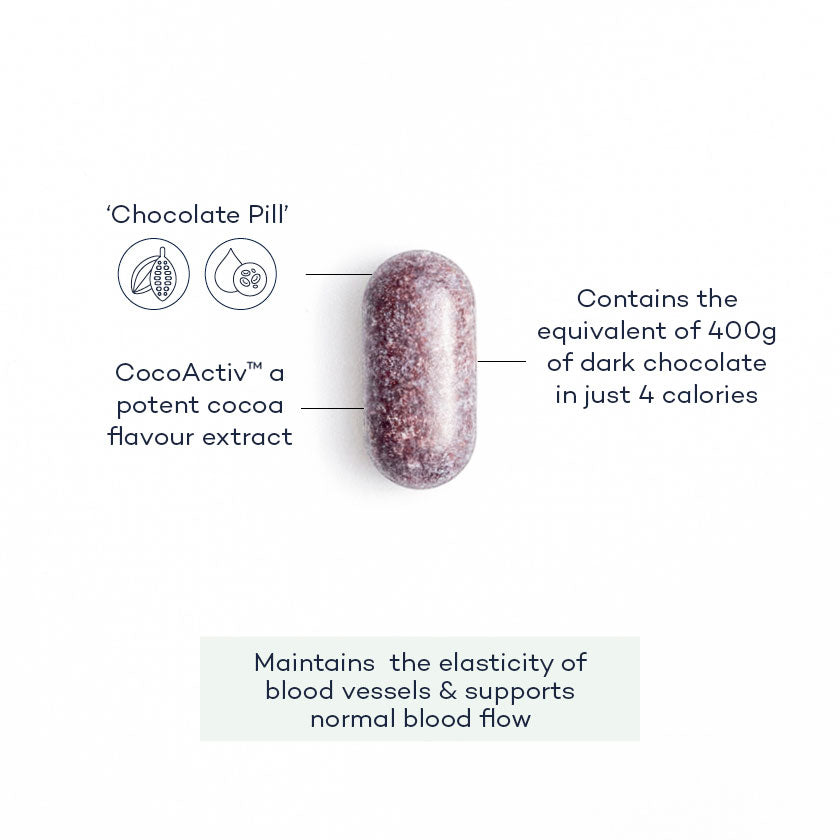
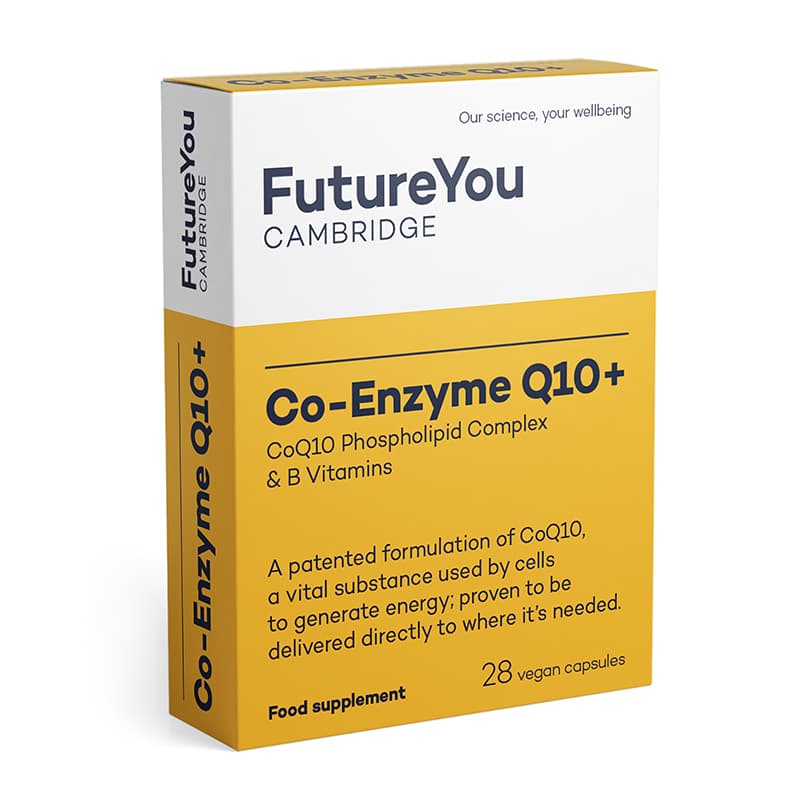
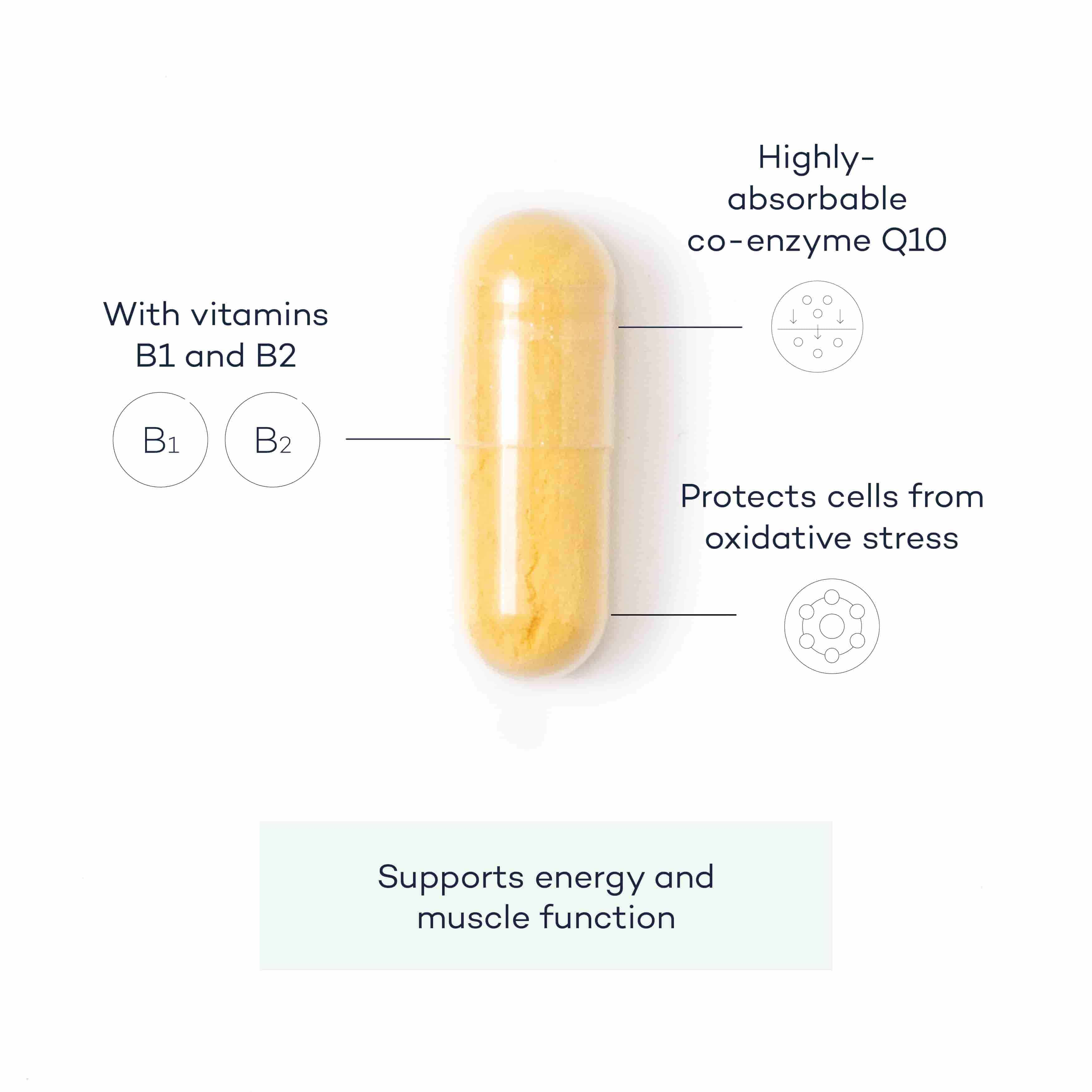
Leave a comment
All comments are moderated before being published.
This site is protected by hCaptcha and the hCaptcha Privacy Policy and Terms of Service apply.